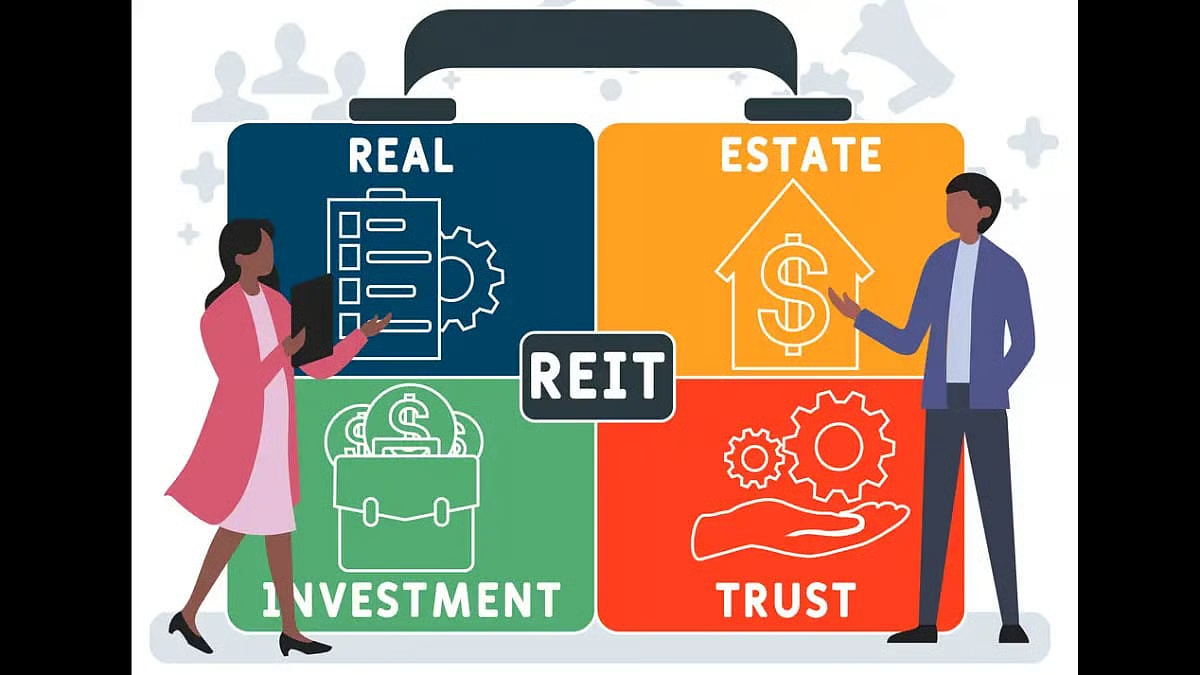Now Reading: Navigating VAT in UAE Real Estate Transactions: A 2025 Overview
-
01
Navigating VAT in UAE Real Estate Transactions: A 2025 Overview
Navigating VAT in UAE Real Estate Transactions: A 2025 Overview
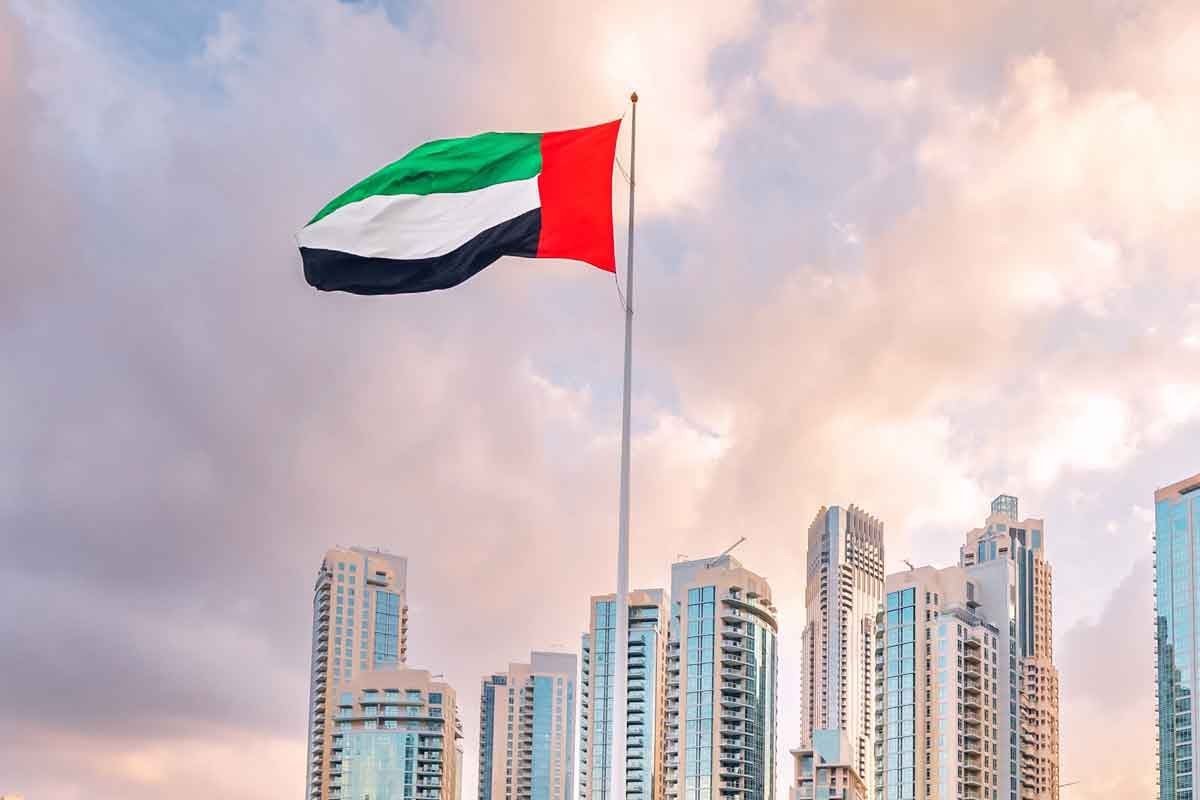
Table of Contents
The UAE’s Value Added Tax (VAT), introduced in January 2018 at a rate of 5%, plays a significant role in real estate transactions, impacting developers, investors, landlords, and tenants in Dubai, Abu Dhabi, and other emirates. In 2025, VAT compliance remains critical for businesses, including freelancers and sole proprietors in the real estate sector, as the UAE aligns with global tax standards while supporting initiatives like the Golden Visa Program. This overview details VAT regulations, exemptions, compliance requirements, and their implications for real estate transactions in 2025, with a focus on practical navigation for stakeholders.
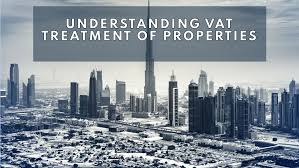
VAT Framework for Real Estate Transactions in 2025
- VAT Applicability:
- Taxable Supplies: Most real estate transactions, including the sale or lease of commercial properties and certain services (e.g., real estate consultancy, brokerage), are subject to 5% VAT.
- Exempt Supplies: Residential property sales and leases (excluding serviced apartments or short-term rentals) are exempt from VAT, making them attractive for tenants and investors, particularly those pursuing Golden Visa eligibility (AED 2 million property investment).
- Zero-Rated Supplies: The first sale of a new residential property within three years of completion is zero-rated (0% VAT), benefiting developers and buyers by reducing costs.
- Key Real Estate Transactions and VAT Treatment:
- Sale of Commercial Properties: Subject to 5% VAT. For example, a commercial office in Dubai Marina sold for AED 5 million incurs AED 250,000 in VAT, payable by the buyer unless otherwise agreed.
- Sale of Residential Properties:
- First sale within three years: Zero-rated (0% VAT).
- Subsequent sales: Exempt, reducing costs for buyers but limiting input VAT recovery for sellers.
- Commercial Leases: Subject to 5% VAT. A commercial shop in Downtown Dubai leased for AED 100,000 annually incurs AED 5,000 VAT, payable by the tenant.
- Residential Leases: Exempt, except for serviced apartments or short-term rentals (e.g., Airbnb listings in JLT), which are taxed at 5%.
- Real Estate Services: Brokerage fees, property management, and consultancy services (e.g., for Golden Visa investors) are subject to 5% VAT. For instance, a AED 50,000 commission for a property sale incurs AED 2,500 VAT.
- VAT Registration Requirements:
- Mandatory Registration: Businesses, including real estate developers, agencies, and freelancers, with annual taxable supplies exceeding AED 375,000 (approximately USD 102,000) must register for VAT within 30 days of meeting the threshold.
- Voluntary Registration: Businesses with supplies between AED 187,500 and AED 375,000 can opt for voluntary registration to recover input VAT on expenses.
- Process: Register via the Federal Tax Authority’s (FTA) EmaraTax portal (www.tax.gov.ae). Required documents include trade license, Emirates ID, and financial records.
- Real Estate Context: Real estate agents or freelancers earning commissions above AED 375,000 (e.g., from high-value Golden Visa property sales) must register and charge VAT on services.
- Input VAT Recovery:
- Eligible Businesses: VAT-registered businesses can recover input VAT on business expenses, such as office rent, marketing, or construction costs, provided they relate to taxable supplies.
- Limitations: Input VAT cannot be recovered on exempt supplies (e.g., residential leases) or non-business expenses (e.g., personal use of properties). For example, a developer building a mixed-use project in Saadiyat Island can recover VAT on commercial units but not residential ones.
- Real Estate Impact: Developers and agencies benefit from input VAT recovery on commercial projects, reducing costs, but must carefully allocate expenses between taxable and exempt supplies.
- Proposed Electronic Invoicing (eInvoicing):
- Overview: The FTA’s proposed eInvoicing system, with public consultation open until February 27, 2025, requires businesses to issue digital invoices for real-time transaction reporting, enhancing transparency and reducing tax evasion.
- Impact: Real estate businesses must adopt compliant software to issue eInvoices for taxable transactions (e.g., commercial leases, brokerage fees), increasing administrative costs but streamlining VAT reporting.
- Real Estate Context: Agents handling Golden Visa property transactions or commercial leases must prepare for eInvoicing, ensuring accurate VAT calculations and timely submissions.
- VAT Filing and Compliance:
- Filing: VAT returns are filed quarterly via the EmaraTax portal, due within 28 days of the period’s end. For example, Q1 2025 returns are due by April 28, 2025.
- Payment: VAT collected (output VAT) minus recoverable input VAT is remitted to the FTA. Late payments incur a 4% monthly penalty (up to 100% of unpaid tax).
- Record-Keeping: Businesses must maintain records (invoices, contracts, financial statements) for five years, auditable by the FTA.
- Real Estate Context: Real estate firms must track VAT on commercial transactions and services, ensuring compliance to avoid penalties, especially for high-value deals in prime areas like Palm Jumeirah.
Implications for Real Estate Stakeholders
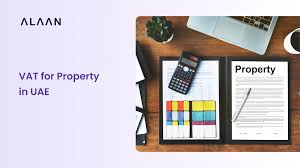
- Developers:
- Cost Management: Zero-rated first sales of residential properties reduce costs for buyers, boosting demand for new developments in areas like Dubailand or Yas Island. However, developers cannot recover input VAT on residential projects, impacting margins.
- Commercial Opportunities: VAT on commercial property sales and leases increases revenue but requires robust accounting to manage input VAT recovery. Mixed-use projects (e.g., Downtown Dubai) need clear segregation of taxable and exempt supplies.
- Golden Visa Impact: The AED 2 million property investment threshold for Golden Visa eligibility drives demand for zero-rated or exempt residential properties, benefiting developers like Emaar or Aldar.
- Investors and Landlords:
- Residential Properties: Exempt residential leases offer cost savings for tenants, increasing rental yields (6–9% in Dubai, 6–8% in Abu Dhabi). Investors benefit from zero-rated first sales, reducing purchase costs.
- Commercial Properties: Landlords must charge 5% VAT on commercial leases, increasing tenant costs but allowing input VAT recovery on property maintenance or renovations.
- Golden Visa Context: Investors purchasing Golden Visa-eligible properties (AED 2 million) prefer residential units for VAT exemptions, especially in luxury areas like Dubai Marina or Al Raha Beach.
- Freelancers and Real Estate Agents:
- VAT Compliance: Freelancers with commissions above AED 375,000 (e.g., from Golden Visa property sales) must register for VAT, charge 5% on services, and file quarterly returns. For example, a AED 100,000 commission incurs AED 5,000 VAT.
- Competitive Pricing: VAT-registered freelancers can recover input VAT on expenses (e.g., marketing, office rent), but non-registered competitors may offer lower fees, creating pricing pressure.
- eInvoicing: Adopting digital invoicing by 2025 is critical for compliance, particularly for services like property valuations or consultancy.
- Tenants:
- Residential Tenants: Benefit from VAT-exempt leases, keeping costs lower in high-demand areas like JVC or Khalifa City. However, serviced apartments or short-term rentals (e.g., Airbnb in JLT) incur 5% VAT.
- Commercial Tenants: Face 5% VAT on leases, increasing operational costs, especially in prime areas like Business Bay or Corniche Area. Negotiating VAT-inclusive rents can mitigate impact.
- Economic and Market Impact:
- Transparency: VAT and proposed eInvoicing enhance transparency, aligning with global standards and attracting Golden Visa investors (110 new eligible listings in May 2025).
- Market Growth: VAT exemptions for residential properties support demand, contributing to a projected 2.45% annual growth in the mid-to-upscale residential market through 2029.
- Revenue Generation: VAT contributes to UAE’s fiscal diversification, funding infrastructure like the Dubai PropTech Hub, which enhances real estate innovation.
Challenges and Considerations
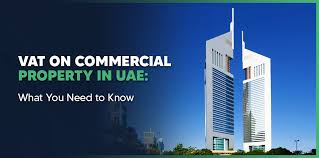
- Compliance Costs: VAT registration, eInvoicing, and record-keeping require investment in software (e.g., Zoho Books) or tax consultants, challenging for small real estate firms or freelancers.
- Complex Allocations: Mixed-use developments (e.g., residential and commercial towers) require precise VAT allocation between taxable and exempt supplies, increasing administrative complexity.
- Awareness: Some freelancers and small agencies may overlook VAT registration deadlines or misclassify transactions, risking penalties.
- Market Competition: VAT on commercial leases and services may push tenants or clients toward exempt residential options or non-registered providers, affecting pricing strategies.
VAT Framework
- Rate: 5% on taxable supplies; 0% (zero-rated) or exempt for specific transactions.
- Taxable Supplies:
- Sale/lease of commercial properties.
- Real estate services (brokerage, consultancy, property management).
- Exempt Supplies: Residential property sales (subsequent) and leases (except serviced apartments/short-term rentals).
- Zero-Rated Supplies: First sale of new residential properties within three years of completion.
Key Transactions and VAT Treatment
- Commercial Property Sales: 5% VAT (e.g., AED 250,000 on a AED 5 million office sale).
- Residential Property Sales:
- First sale (within three years): 0% VAT.
- Subsequent sales: Exempt.
- Commercial Leases: 5% VAT (e.g., AED 5,000 on a AED 100,000 annual lease).
- Residential Leases: Exempt, except serviced apartments (5% VAT).
- Services: 5% VAT on brokerage, consultancy (e.g., AED 2,500 on a AED 50,000 commission).
Compliance Requirements
- VAT Registration:
- Mandatory for taxable supplies above AED 375,000; voluntary for AED 187,500–375,000.
- Register via EmaraTax portal (www.tax.gov.ae) within 30 days.
- VAT Filing:
- Quarterly returns due within 28 days (e.g., April 28, 2025, for Q1).
- Pay output VAT minus input VAT; late payments incur 4% monthly penalty.
- Input VAT Recovery:
- Recoverable on expenses for taxable supplies (e.g., commercial construction, marketing).
- Not recoverable for exempt supplies (e.g., residential leases).
- eInvoicing:
- Proposed system (consultation until February 27, 2025) requires digital invoices.
- Record-Keeping: Maintain invoices, contracts, and financials for five years.
Implications for Stakeholders
- Developers: Benefit from zero-rated residential sales but face input VAT limitations on exempt supplies. Commercial projects allow VAT recovery.
- Investors/Landlords: Residential leases are VAT-exempt, boosting yields (6–9% Dubai, 6–8% Abu Dhabi). Commercial leases incur 5% VAT but allow input recovery.
- Freelancers/Agents: Must charge 5% VAT on commissions above AED 375,000; adopt eInvoicing for compliance.
- Tenants: Pay no VAT on residential leases; face 5% VAT on commercial leases or serviced apartments.
- Golden Visa Context: VAT exemptions on residential properties attract investors (AED 2 million threshold).
Recommendations
- Register Timely: Complete VAT registration to avoid penalties.
- Use Software: Adopt tools like Zoho Books for VAT tracking and eInvoicing.
- Segregate Supplies: Clearly allocate taxable (commercial) and exempt (residential) transactions for accurate VAT reporting.
- Seek Expertise: Engage tax consultants (e.g., BMS Auditing) for compliance and optimization.
- Leverage Exemptions: Focus on residential properties for cost savings, especially for Golden Visa investors.
Conclusion
Navigating VAT in UAE real estate transactions in 2025 requires understanding the 5% tax on commercial properties and services, exemptions for residential leases, and zero-rated first sales. Compliance, including registration, quarterly filings, and proposed eInvoicing, is critical to avoid penalties, particularly for freelancers and agencies serving Golden Visa investors. While VAT increases costs for commercial transactions, exemptions and input recovery offer opportunities for cost management. Stakeholders should leverage accounting software, consult experts, and monitor FTA updates to ensure compliance and optimize financial strategies in the UAE’s dynamic real estate market.
WATCH MORE: https://www.youtube.com/watch?v=cqUhtdmUWr4
READ MORE: Real Estate Investment Trusts (REITs) in the UAE: Tax Benefits and Opportunities in 2025



